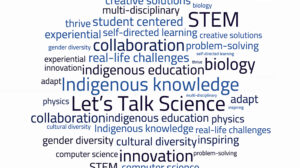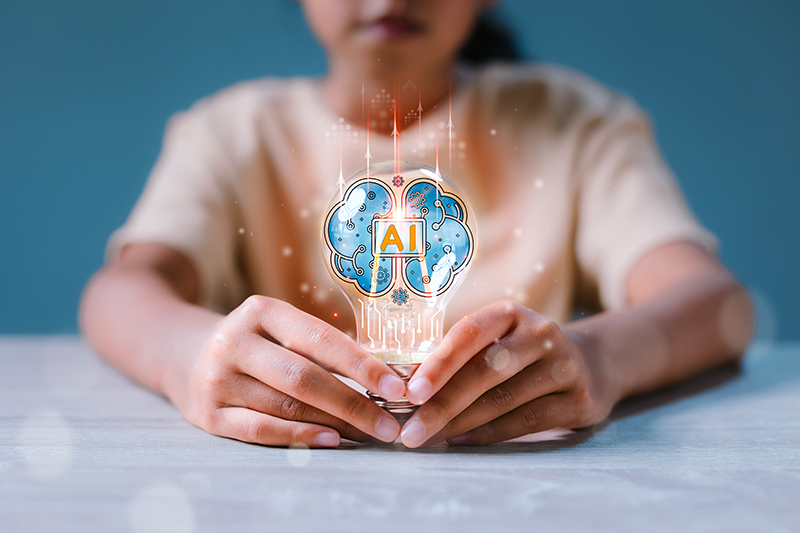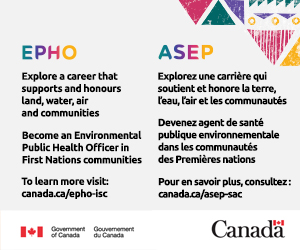The Transformative Role of Artificial Intelligence (AI) in Education:
Artificial Intelligence (AI) has emerged as a powerful tool that is revolutionizing the field of education. With its ability to process vast amounts of data and analyze patterns, AI is transforming the way students learn, teachers teach, and administrators manage educational institutions. In this article, we will explore the various ways in which AI is shaping the educational landscape and discuss the benefits and challenges associated with its integration (Adiguzel, Kaya & Cansu, 2023; Dubé & Wen, 2022).
Personalized Learning Experiences:
One of the key areas where AI is making a significant impact is personalized learning. AI algorithms can analyze a student’s learning patterns, strengths, and weaknesses to create tailored learning experiences. By leveraging adaptive learning platforms, AI can provide students with personalized content, feedback, and recommendations, enabling them to learn at their own pace and in a way that suits their individual needs. This personalized approach to learning ensures that students receive targeted support and have a higher chance of academic success (Chan & Hu, 2023).
Automating Administrative Tasks:
AI is also streamlining administrative tasks in educational institutions. From enrollment processes to scheduling and grading, AI-powered systems can automate repetitive and time-consuming tasks. This allows teachers and administrators to focus on more meaningful activities, such as curriculum development, individualized instruction, and student support. By reducing the administrative burden, AI enhances efficiency and enables educators to dedicate more time to student-centered activities (Al-Surmi, Bashiri, & Koliousis, 2022; Bo, et al., 2023).
Data-Driven Insights:
AI’s ability to analyze large amounts of data is revolutionizing the way educators gain insights into student performance and engagement. By collecting and analyzing data on student progress, AI algorithms can identify areas where students may be struggling and provide targeted interventions. Furthermore, AI can generate comprehensive reports and visualizations that help educators track student progress, identify trends, and make data-driven decisions. This data-driven approach to education ensures that interventions are timely and effective, leading to improved learning outcomes (Chowdhury, et al., 2023).
Benefits & Challenges:
Some of the benefits include improved personalized learning experiences, increased efficiency in administrative tasks, and enhanced insights into student performance. However, there are ethical considerations that must be considered. Issues such as data privacy, algorithmic bias, and the impact of AI on human interaction need careful consideration. Responsible AI integration requires a balance between technological advancements and ethical considerations to ensure that AI is used in a way that promotes equitable and inclusive education (Alshahrania, 2023; Wang, et al., 2023).
Call to Action:
As educators, it is essential to embrace the potential of AI in education while also being mindful of its ethical implications.
- Stay informed: Keep up with the latest research and developments in AI to understand its potential applications in education.
- Ethical considerations: Reflect on the ethical implications of using AI in education and ensure that its implementation aligns with ethical guidelines and privacy regulations.
- Professional development: Engage in professional development opportunities to enhance your understanding of AI and its impact on education.
- Collaboration: Collaborate with colleagues, administrators, and experts to share best practices and explore innovative ways to integrate AI into teaching and learning. By approaching AI integration in education with careful consideration of its ethical implications, educators can harness its power to create a future where education is more personalized, efficient, and inclusive.
Remember, the future of education lies in the responsible and thoughtful integration of AI. Let us work together to shape a brighter future for our students through AI-powered education.
AUTHORS:
Truman Spring, PhD is the Associate Director of the MEd in Leadership program, as well as the Director of Continuing Education for City University in Canada.
Heather Henderson, EdD is the Canadian Director of the MEd in Leadership program for City University in Canada.
REFERENCES:
Adiguzel, T., Kaya, M. H., & Cansu, F. K. (2023). Revolutionizing education with AI: Exploring the transformative potential of ChatGPT. Contemporary Educational Technology, 15(3), 1–13. https://doi.org/10.30935/cedtech/13152
Al-Surmi, A., Bashiri, M., & Koliousis, I. (2022). AI based decision making: combining strategies to improve operational performance. International Journal of Production Research, 60(14), 4464–4486. https://doi.org/10.1080/00207543.2021.1966540
Alshahrania, A. (2023). The impact of ChatGPT on blended learning: Current trends and future research directions. International Journal of Data & Network Science, 7(4), 2029–2040. https://doi.org/10.5267/j.ijdns.2023.6.010
Bo, Li, Peng, Qi, Bo, Liu, Shuai, Di, Jingen, Liu, Jiquan,Pei, Jinfeng,Yi, & Bowen, Zhou. (2023). Trustworthy AI: From Principles to Practices. ACM Computing Surveys, 55(9), 1–46. https://doi.org/10.1145/3555803
Chan, C. K. Y., & Hu, W. (2023). Students’ voices on generative AI: perceptions, benefits, and challenges in higher education. International Journal of Educational Technology in Higher Education, 20(1), 1–18. https://doi.org/10.1186/s41239-023-00411-8
Chowdhury, S., Dey, P., Joel-Edgar, S., Bhattacharya, S., Rodriguez-Espindola, O., Abadie, A., & Truong, L. (2023). Unlocking the value of artificial intelligence in human resource management through AI capability framework. Human Resource Management Review, 33(1), 1–21. https://doi.org/10.1016/j.hrmr.2022.100899
Dubé, A. K., & Wen, R. (2022). Identification and evaluation of technology trends in K-12 education from 2011 to 2021. Education & Information Technologies, 27(2), 1929–1958. https://doi.org/10.1007/s10639-021-10689-8
Wang, X., Li, L., Tan, S. C., Yang, L., & Lei, J. (2023). Preparing for AI-enhanced education: Conceptualizing and empirically examining teachers’ AI readiness. Computers in Human Behavior, 146. https://doi.org/10.1016/j.chb.2023.107798











